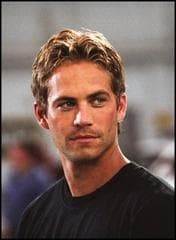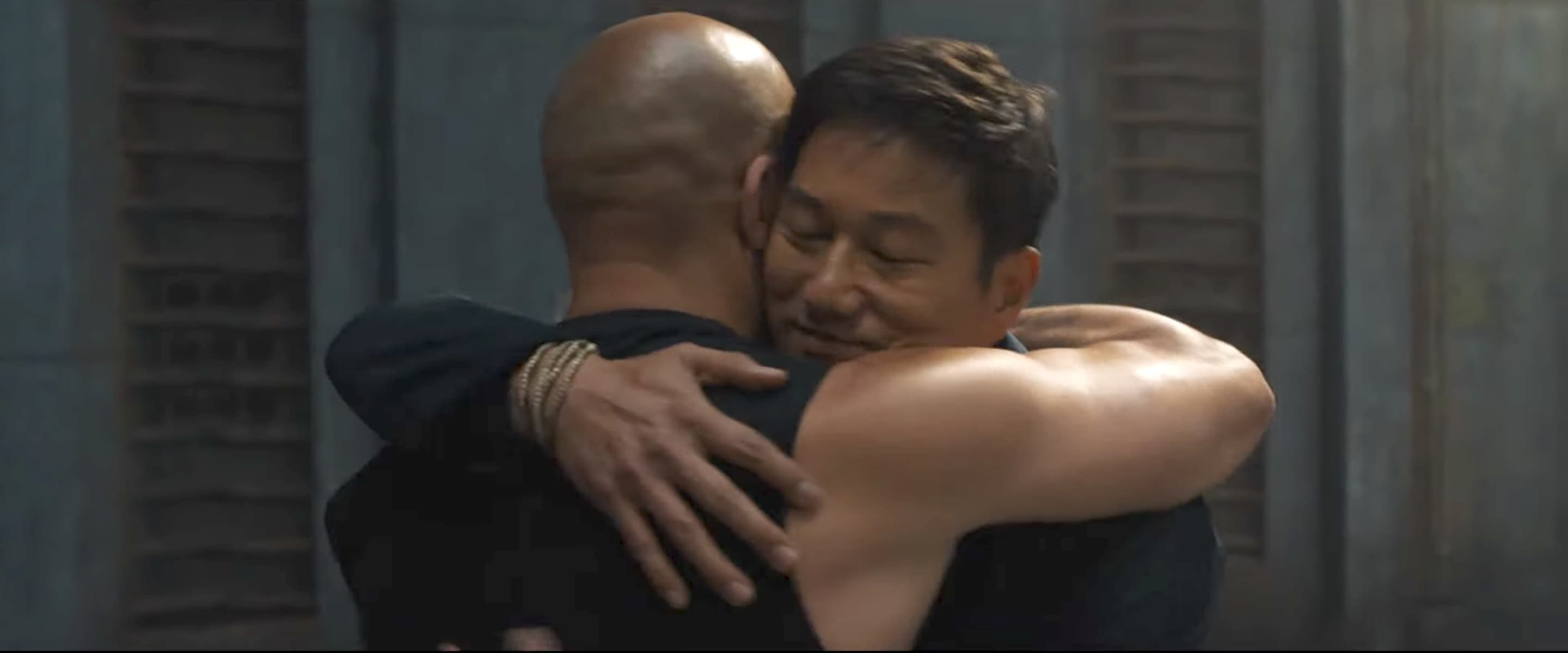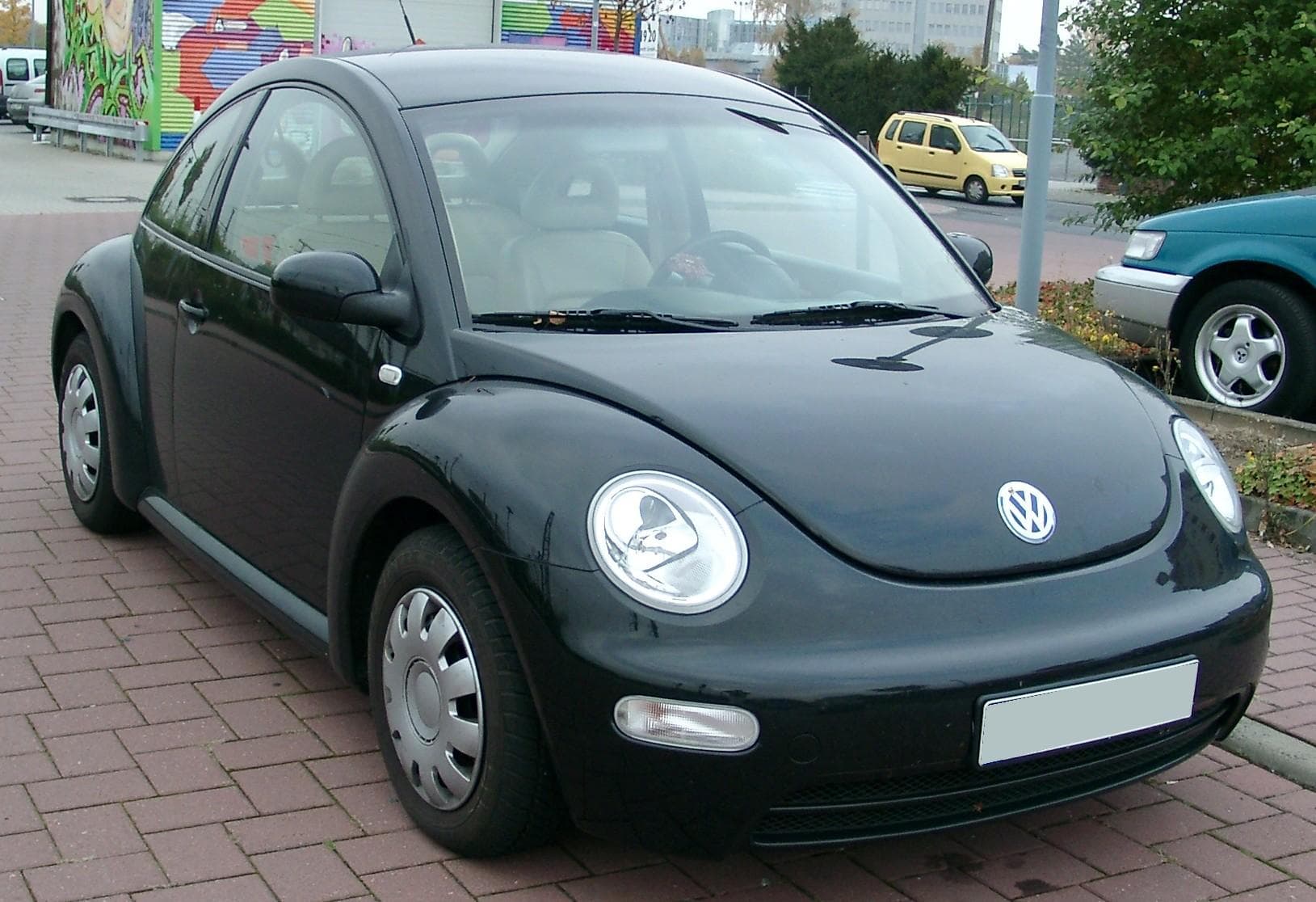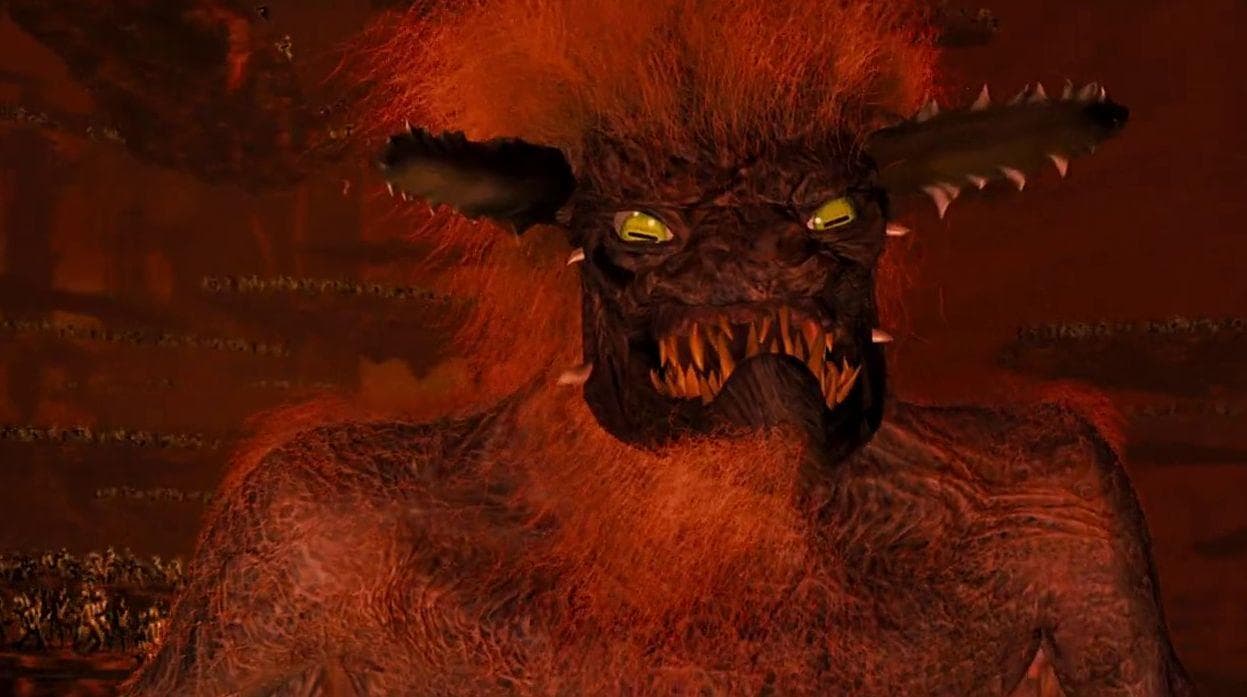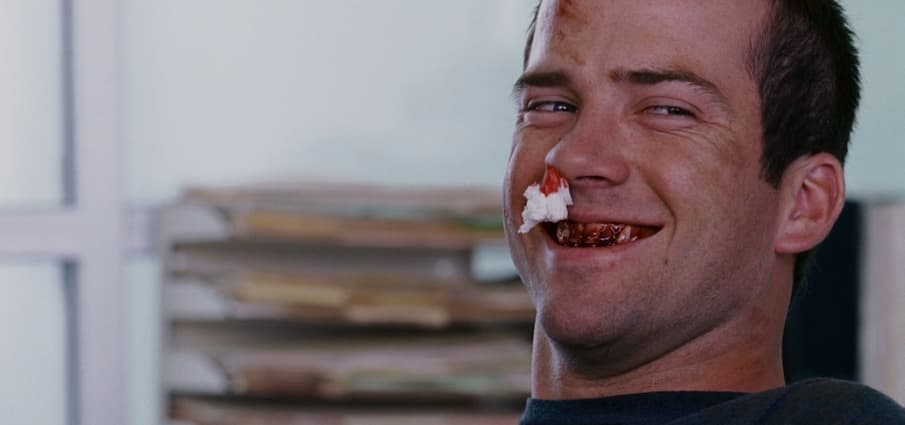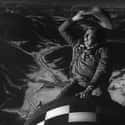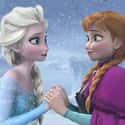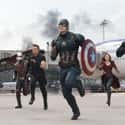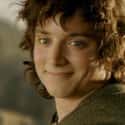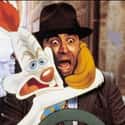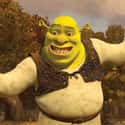(#12) Dr. Strangelove or: How I Learned to Stop Worrying and Love the Bomb
- James Earl Jones, Peter Sellers, George C. Scott, Keenan Wynn, Slim Pickens, Sterling Hayden, Shane Rimmer, Peter Bull, Glenn Beck, Tracy Reed, Jack Creley, Gordon Tanner, Hal Galili, Laurence Herder, Roy Stephens, Paul Tamarin, Robert O'Neil, Frank Berry, John McCarthy
Dr. Strangelove - considered to be one of the greatest films ever made - was born out of an idea Stanley Kubrick had to make a serious thriller about the Cold War. It wasn't until he began researching nuclear warfare that one of his expert sources recommended Red Alert by Peter George as a basis for the film. The book tells the story - in alarmingly accurate detail - of how a nuclear war could accidentally begin between two enemy superpowers, with a bomb eventually being dropped on Russia.
Unlike in Dr. Strangelove, the bomb fails to detonate in the novel. (It also doesn't get rode to the ground like a mechanical bull, either.) But, aside from key plot details, Kubrick also realized early on that his adaptation needed a total genre-switch to work.
"As I tried to build the detail for a scene I found myself tossing away what seemed to me to be very truthful insights because I was afraid the audience would laugh. [...] After all, what could be more absurd than the very idea of two mega-powers willing to wipe out all human life because of an accident, spiced up by political differences that will seem as meaningless to people a hundred years from now as the theological conflicts of the Middle Ages appear to us today? And it was at this point I decided to treat the story as a nightmare comedy."
(#4) Frozen
- Kristen Bell, Idina Menzel, Alan Tudyk, Ciarán Hinds, Jonathan Groff, Josh Gad, Edie McClurg, Maurice LaMarche, Santino Fontana, Robert Pine, Chris Williams, Stephen J. Anderson, Spencer Lacey Ganus, Eva Bella, Livvy Stubenrauch, Maia Wilson
Really, this list could entirely be made up of Disney animated movies. The studio softens and removes so many of the gritty elements from the fairy tales and folklore it bases most of its movies on that there's even a word to describe the process: "Disneyfied." But for the sake of not being repetitive, let's just focus on Frozen. Not only is Frozen one of the company's biggest hits but it's also one of its most unfaithful adaptation.
The character of Elsa and the Nordic setting of the film are inspired by Hans Christian Andersen's The Snow Queen, and - though originally the frosty monarch was planned to be villainous as she is in the original story - she ended up being the film's misunderstood heroine along with her sister, Ana. Apart from that, the two works share absolutely nothing in common. Even the name, "Snow Queen," is never mentioned.
(#1) Captain America: Civil War
- Chris Evans, Robert Downey Jr., Scarlett Johansson, Sebastian Stan, Anthony Mackie, Don Cheadle, Jeremy Renner, Chadwick Boseman, Paul Bettany, Elizabeth Olsen, Paul Rudd, Emily VanCamp, Tom Holland, Frank Grillo, William Hurt, Daniel Brühl
Most superhero movies that are based on comics borrow elements from multiple stories so it's hard to call them direct adaptations. The third installment in Marvel Studio's Captain America series was not only the highest grossing film of 2016, but it was the first in the MCU to use the title and story of a single Marvel graphic novel, so it's fair to think of it as a straight adaptation, albeit with some crucial differences.
Both the film and the Civil War crossover comic by Mark Millar and Steve McNiven split the heroes of the Marvel universe into two factions - led by Captain America and Iron Man - due to ideological differences on government intervention in superheroes' business. In the comics, the war isn't just reduced to one super-powered showdown at an airport, it goes on for weeks and involves the destruction of a ton of property and the death of multiple innocents. Because of complications with character rights, the film's big showdown couldn't compete with the comics' in terms of scale.
Also in the comics, the war starts to begin with because of an incident where a third-rate superhero accidentally explodes and kills a school full of children. As happy as we are that the movie removed the death of a lot of children (very!), it does lose a little bit of the original comics' nuance. In the comics, a superhero loses control of his powers and causes an accident, which leads to the government stepping in to try to register and monitor superheroes. That's a reasonable response and leads to real conflict. In the movie, there's no accident; a bad guy (Zemo) dressed as someone else who was believed to be a bad guy (Winter Solider) to do a classic bad guy thing (blow people up). The comics told a story about heroes fighting heroes with people who are right on both sides of the issue and it unfolded naturally. The movie changed that and did another standard "Bad Guys vs Good Guys" thing.
Finally, the most crucial difference is that the comic has Captain America surrendering, ending the conflict and then getting murdered on the way to jail, while the movie leaves Captain America alive by the end.
Oh, also in the comics they built a Robot Thor. It's a long story and we're out of time.
(#5) The Lord of the Rings film trilogy
Based on the pioneering fantasy epic by J.R.R Tolkien, Peter Jackson's Lord of the Rings trilogy is not only an Oscar-winning, frequent haunt of iMDB's Top 10 movies of all-time, but continues to be beloved by an army of fans. No one can really argue that they are 'bad' or even 'not that great' films.
One particularly vocal detractor is the nephew of the book's author. “They eviscerated the book by making it an action movie for young people aged 15 to 25,” Christopher Tolkien has said. “The chasm between the beauty and seriousness of the work, and what it has become, has overwhelmed me. The commercialization has reduced the aesthetic and philosophical impact of the creation to nothing. There is only one solution for me: to turn my head away.”(#10) Who Framed Roger Rabbit
- Kathleen Turner, Christopher Lloyd, Bob Hoskins, Mel Blanc, Frank Welker, Jim Cummings, Joel Silver, Joanna Cassidy, Amy Irving, June Foray, David Lander, Russi Taylor, Charles Fleischer, Richard LeParmentier, Richard Ridings, Wayne Allwine, Mike Edmonds, Tony Anselmo, Lou Hirsch, Stubby Kaye, Alan Tilvern, Betsy Brantley, Edwin Craig, Lindsay Holiday, Paul Springer
Who Framed Roger Rabbit is such a groundbreaking and well-loved film that most people are unaware that it has a literary origin. Gary K. Wolf's 1981 book, Who Censored Roger Rabbit? has much the same premise as the 1988 film adaptation: a hardboiled detective named Eddie Valiant - who lives in a world shared by 'toons - teams up with a two-dimensional comic foil, Roger Rabbit.
Director Robert Zemeckis saw a detective story set in a world where toons and humans interact and thought "Cool, I'll make a movie out of that" and tossed out everything else from the book. Here's a partial list of iconic movie characters that are not in the book: Benny the Cab, the weasel gangsters, Judge Doom (!!!), and Teddy (ya know, Eddie's brother, whose death formed the cornerstone of Eddie's personality). The amazing relationship between Jessica and Roger Rabbit in the movie (he's relentlessly devoted to her and she adores him because he makes her laugh) is nowhere in the book: instead, she will literally have sex with anyone for money or influence.
Oh also Roger Rabbit is dead in the book. He dies pretty early on and a temporary doppleganger of Roger Rabbit teams up with Valiant to solve the murder of the real Roger. And it turns out that a previously unseen and never-discussed magic genie was the one who killed Roger. "Virtually no scene in the book has a mirror in the movie," Tasha Robinson wrote in her comparison piece for the A.V Club. We're thinking that might be a good thing.
(#6) Shrek
- Cameron Diaz, Eddie Murphy, Mike Myers, John Lithgow, Vincent Cassel, Jim Cummings, Kathleen Freeman, Cody Cameron, Conrad Vernon, Chris Miller, Charles Dennis, Christopher Knights, Andrew Adamson, Elisa Gabrielli, Val Bettin, Jacquie Barnbrook, Peter Dennis, Simon J. Smith, Jean-Paul Vignon, Guillaume Aretos, Matthew Gonder, Patty Cornell, Bobby Block, John Bisom, Clive Pearse, Susan Fitzer, Michael Galasso, Calvin Remsberg
Shrek is the multi-million dollar franchise that pretty much built DreamWorks. While the green ogre's empire has gradually fallen out of critical favor with each new film installment, the first film was praised for its tongue-in-cheek ribbing of fairy tale - and Disney - tropes. Lesser known is the franchise's origin in the illustrated children's book Shrek! by William Steig, which was published over ten years before the release of the first film.
While the conceit of an ugly, green ogre leaving the comfort of his swamp, befriending a donkey and rescuing a princess are the same, critic Margot Mifflin bemoaned when Shrek was released that "the directors have traded the subversive misanthropy of Steig's 1990 book for a Hollywood ending." While she accepted that "embellishments" were needed to meet the run-time, she felt the adaptation's preachy shmultz was a betrayal of the original. "Steig's story is gently menacing, unsentimental and harmlessly deviant from start to finish. The movie is winking and cynical."
New Random Displays Display All By Ranking
About This Tool
Many successful and super-popular novels will become the targets of filmmakers, who are trying to adapt these fascinating stories into movies to gain a large audience and great commercial success. It is no surprise that filmmakers taking up famous, popular novels or iconic novels and using them as jumping-off points for their own ideas. Such as the movie World War Z has nothing to with the novel.
It's ok for the audience all over the world, as long as the movie is great. This page collates 12 entries, there is a collection of super-popular movies that were unfaithful adaptations. You can find more popular movies here, such as Frozen, The Shining, Shrek, etc.
Our data comes from Ranker, If you want to participate in the ranking of items displayed on this page, please click here.

